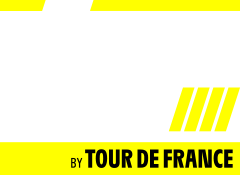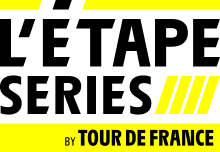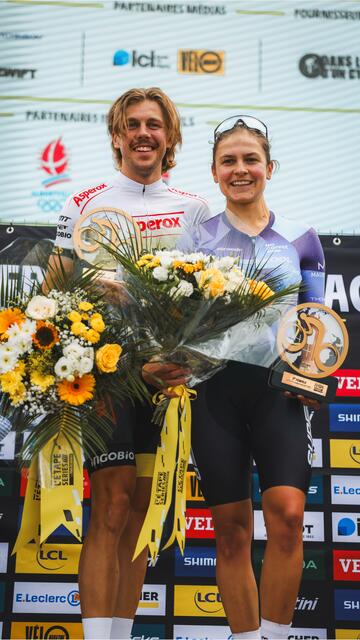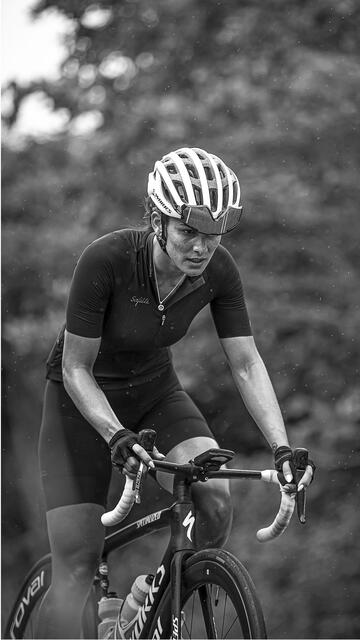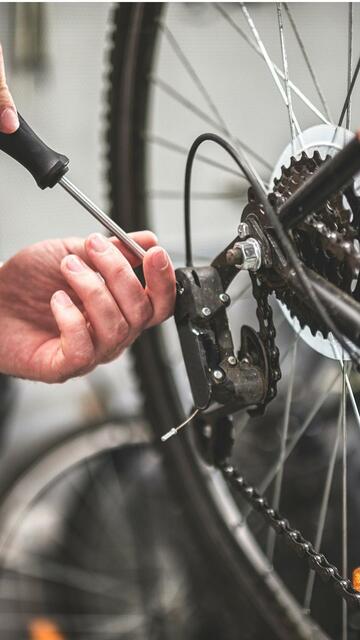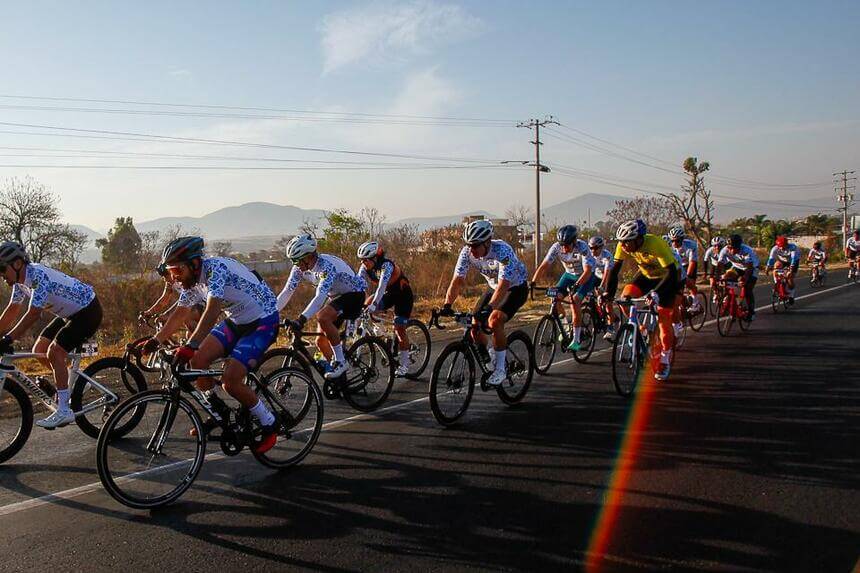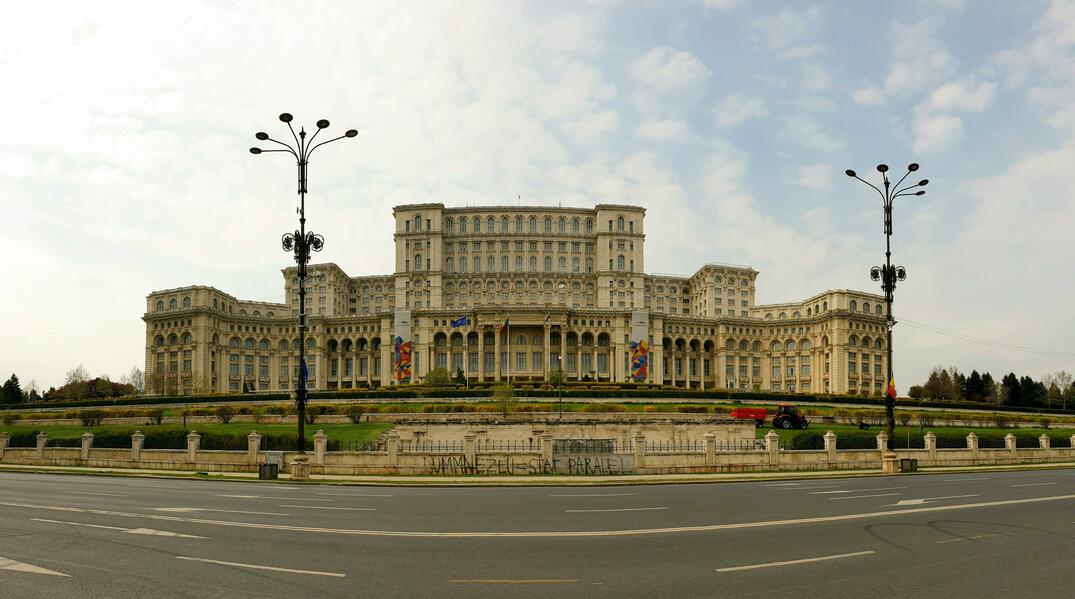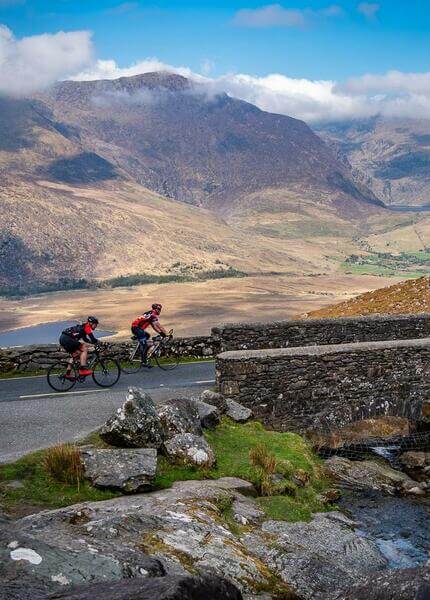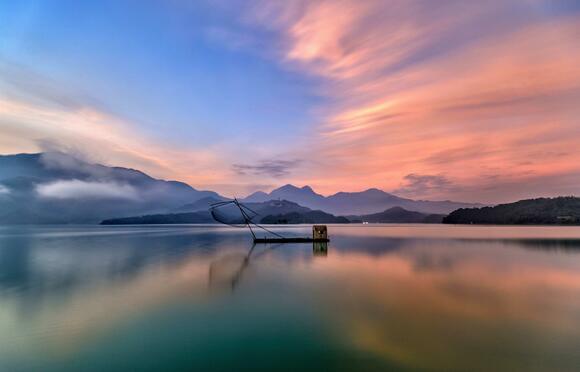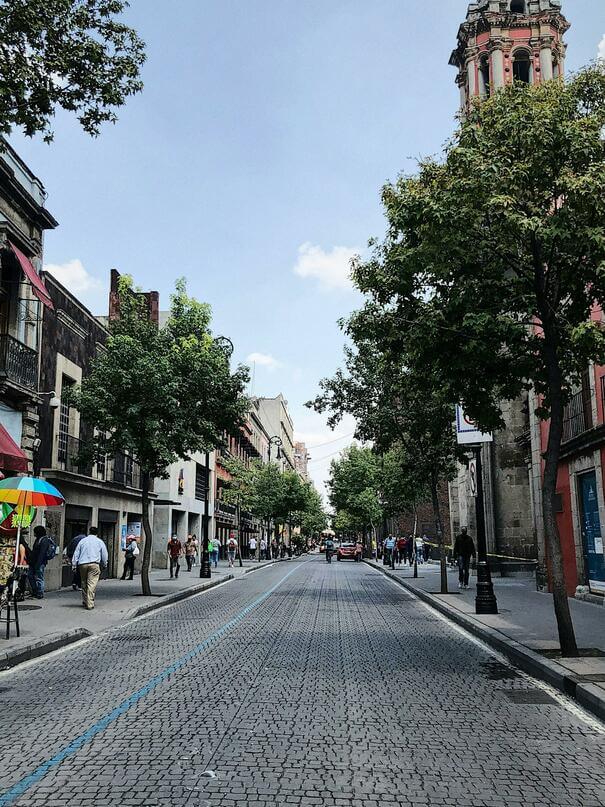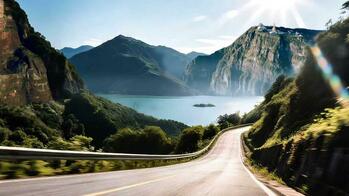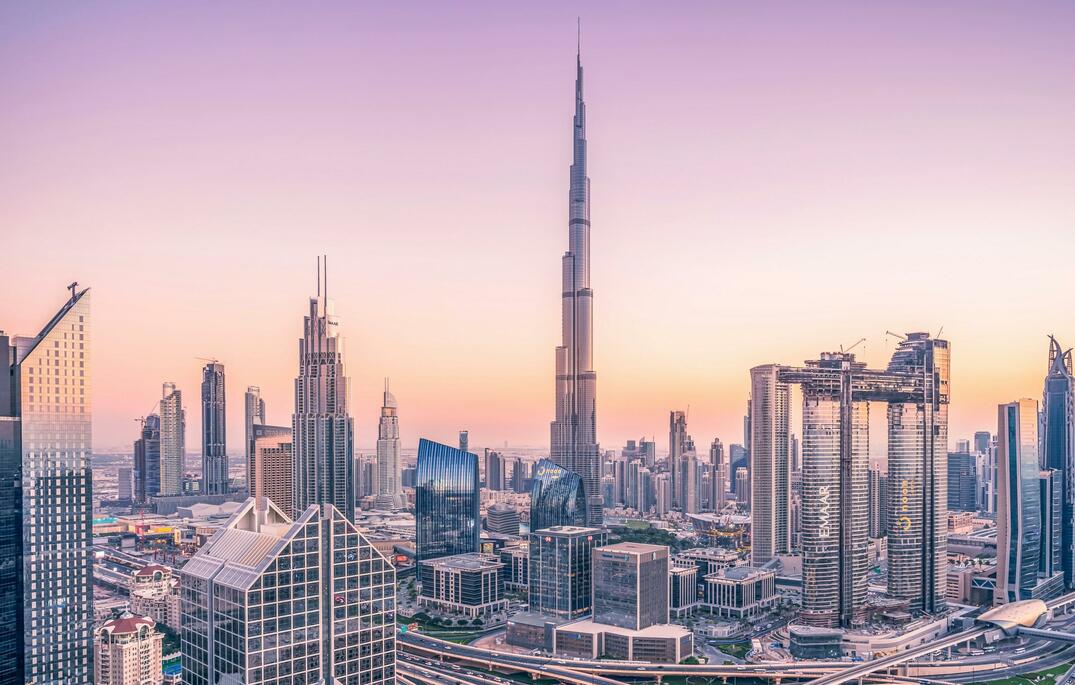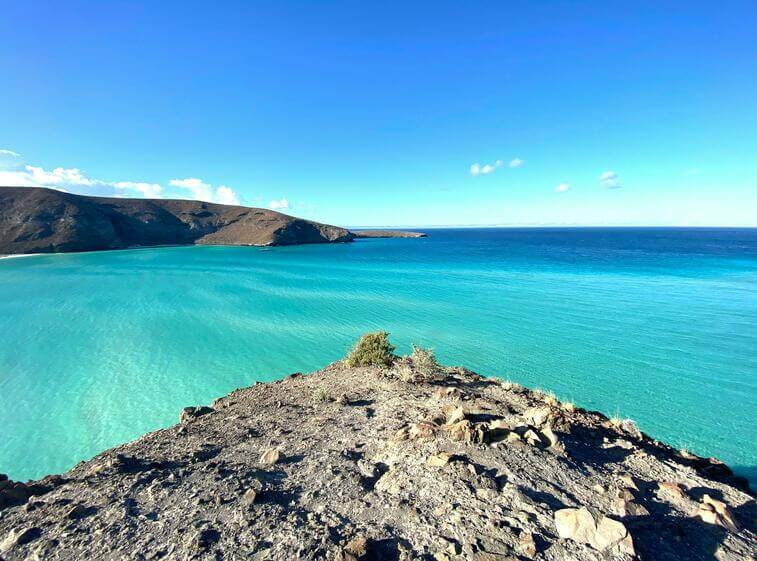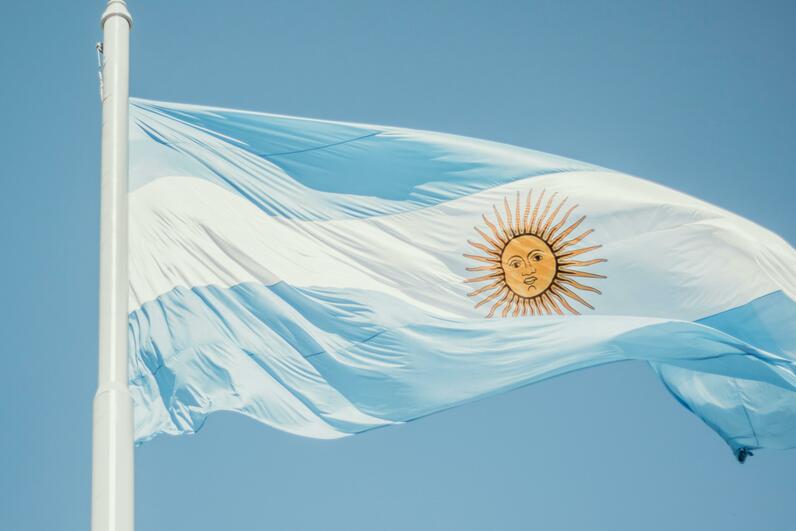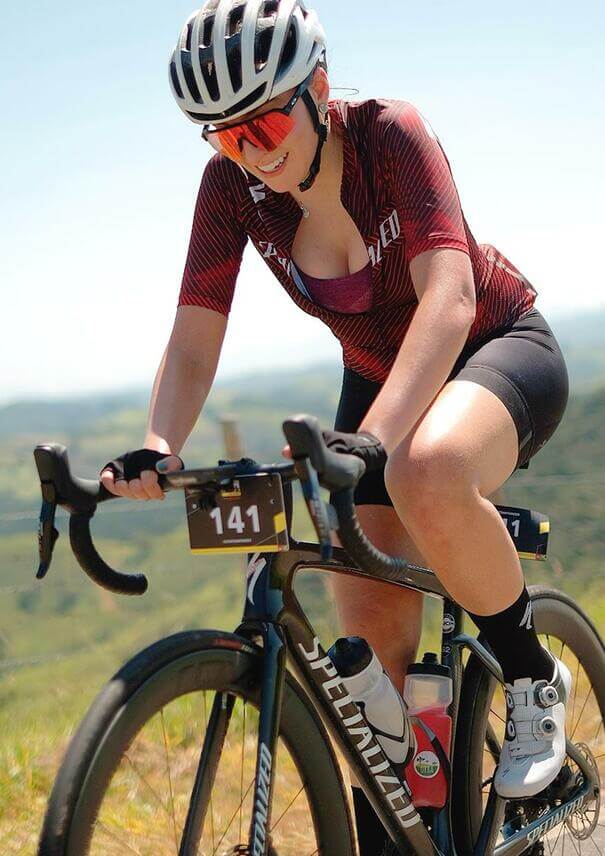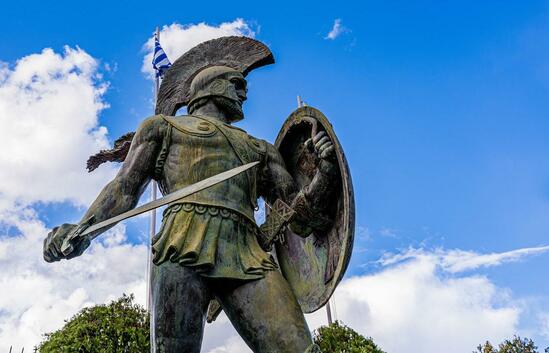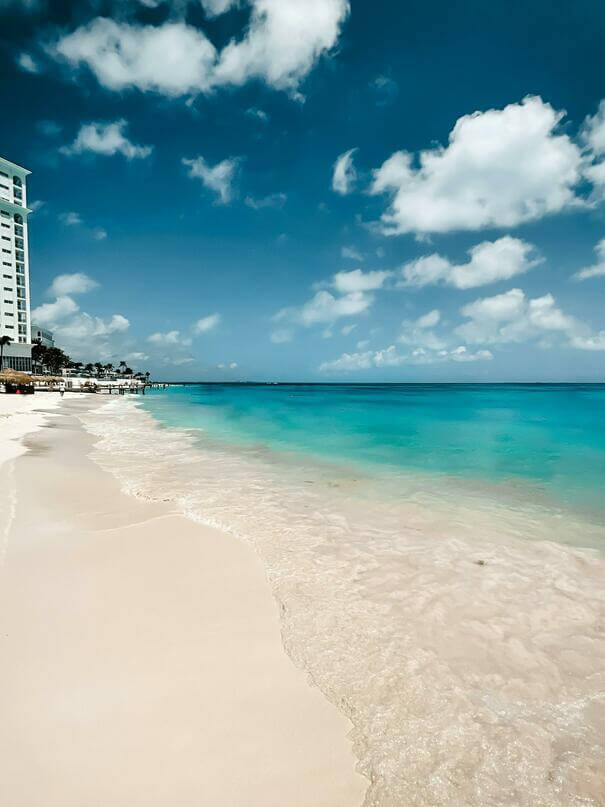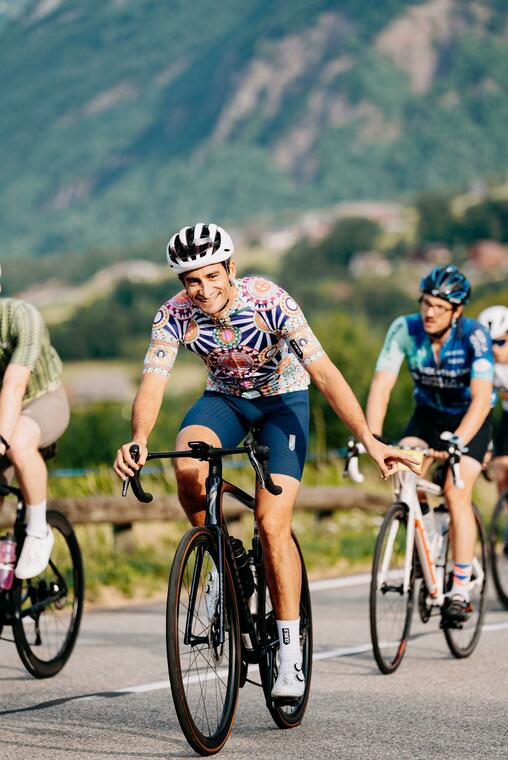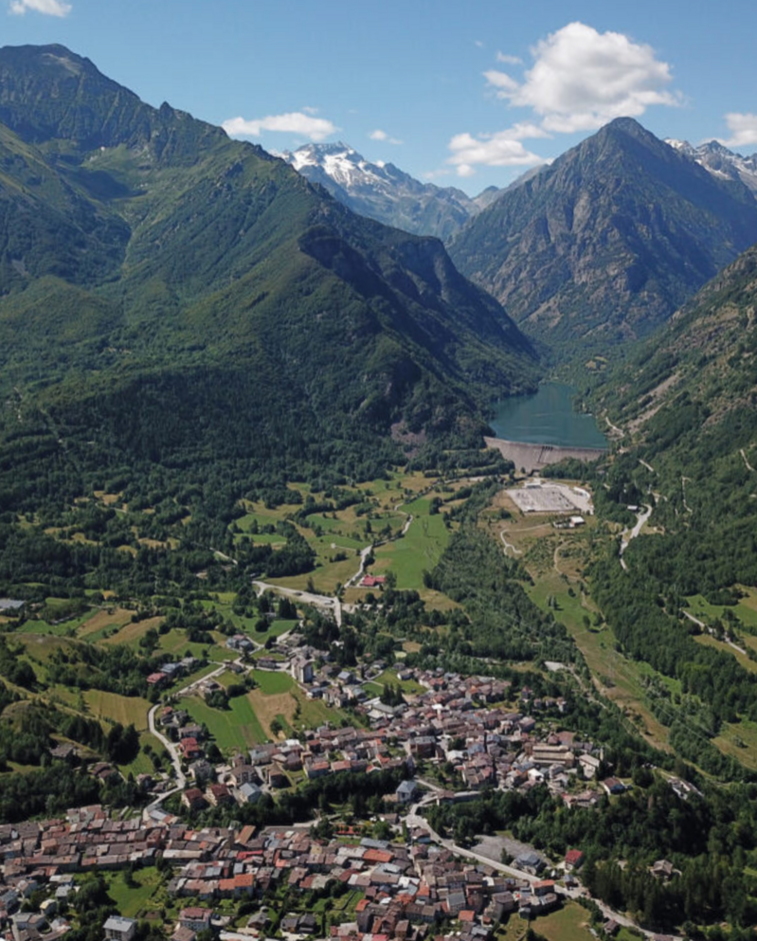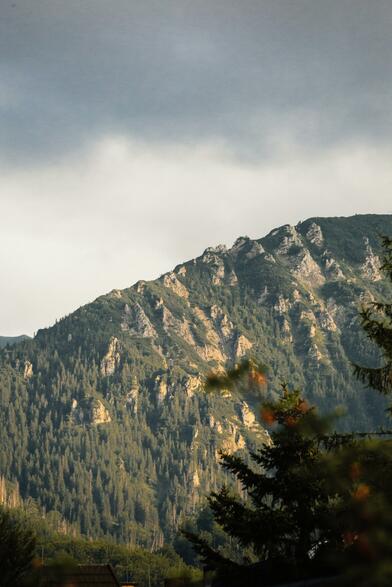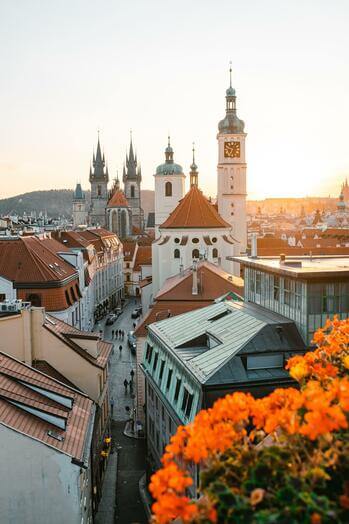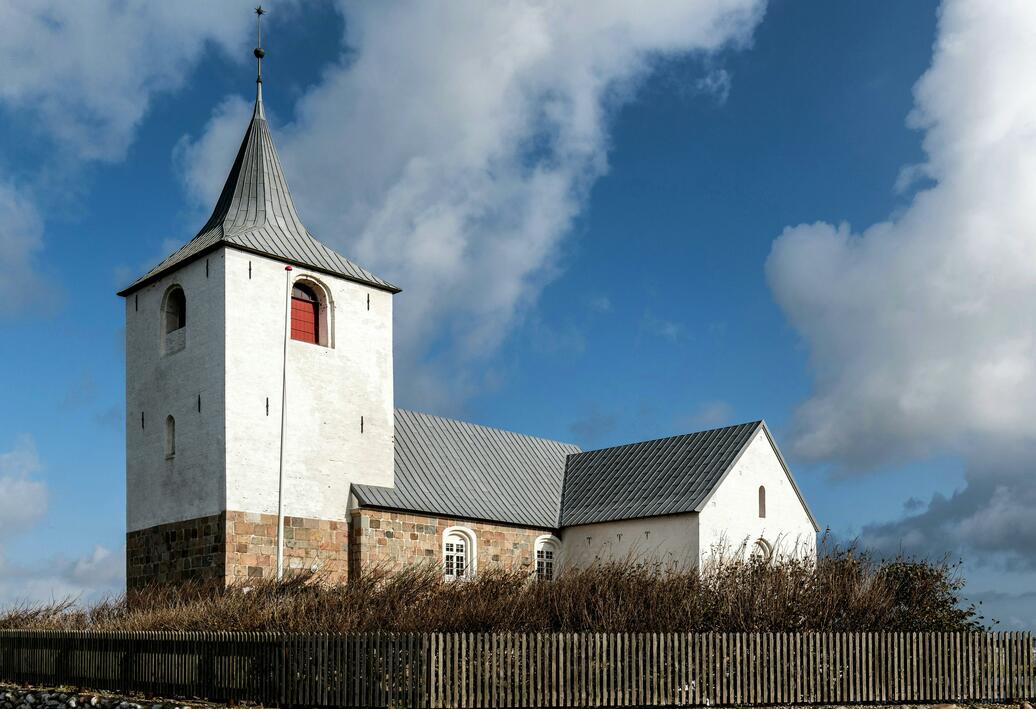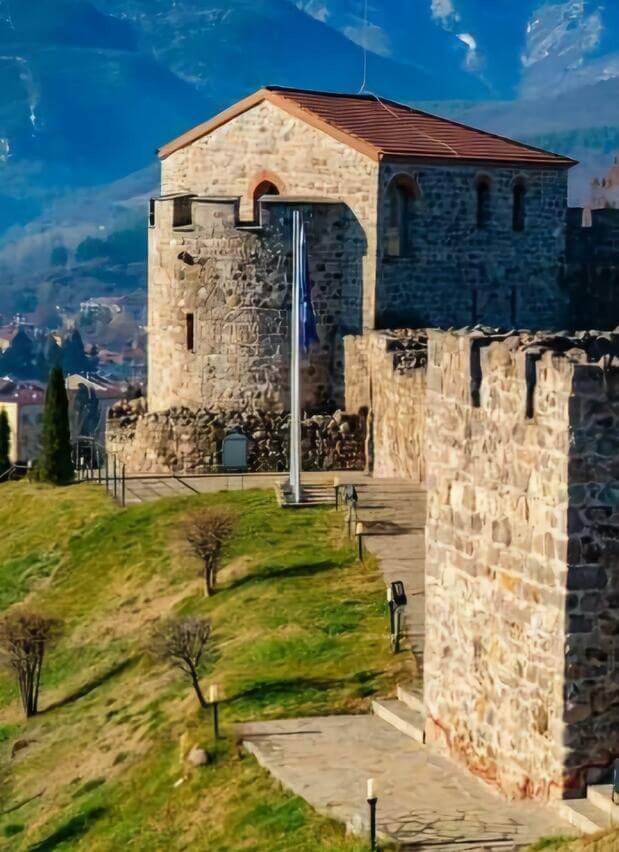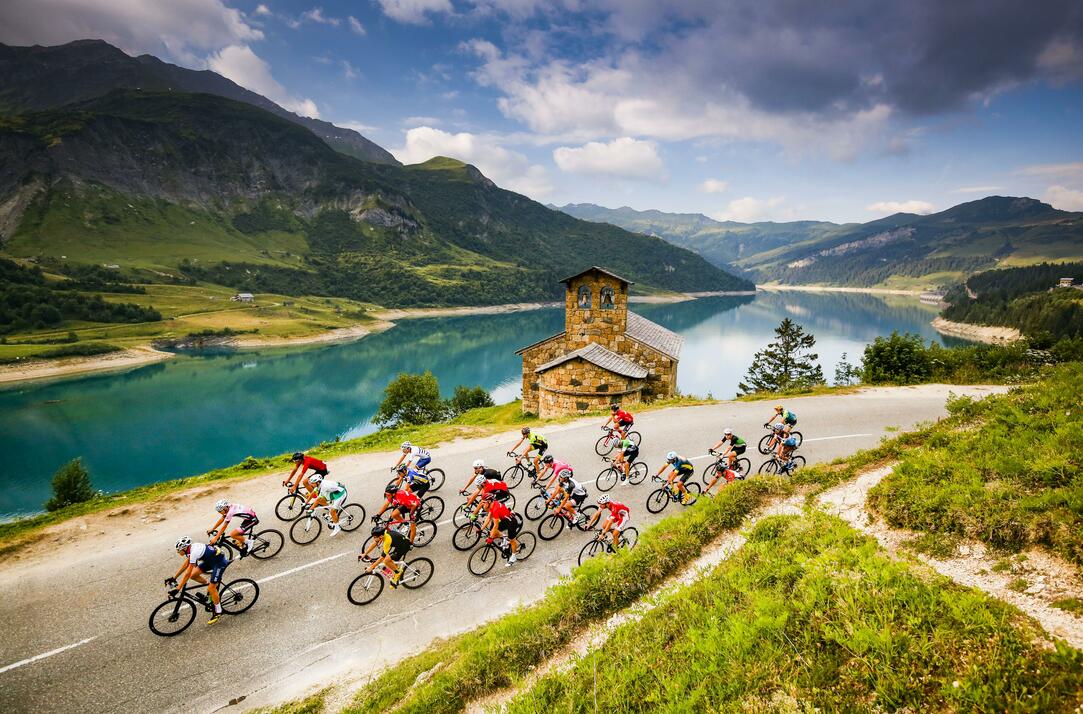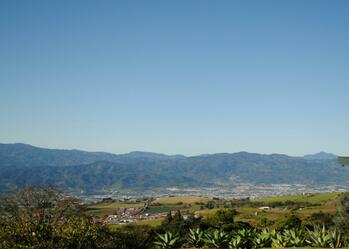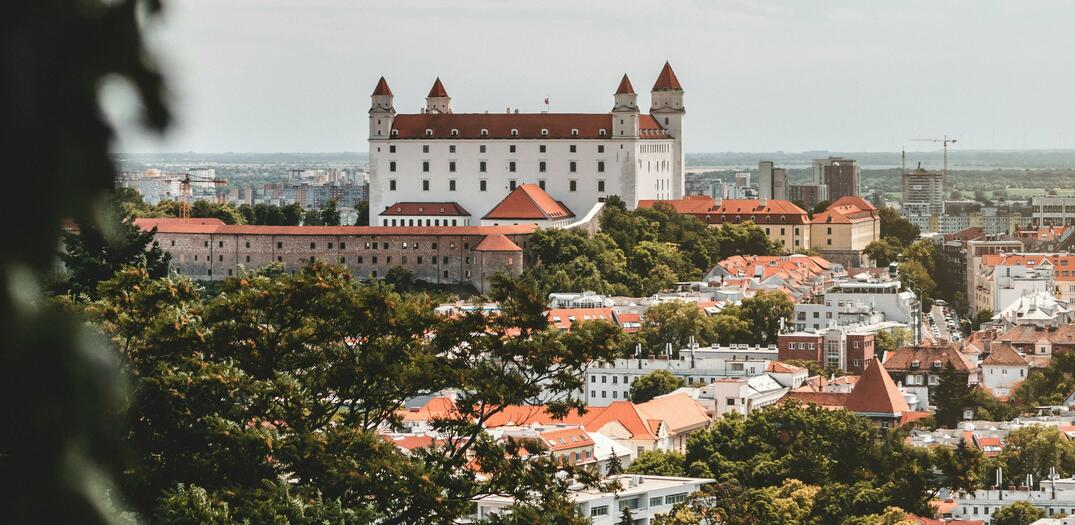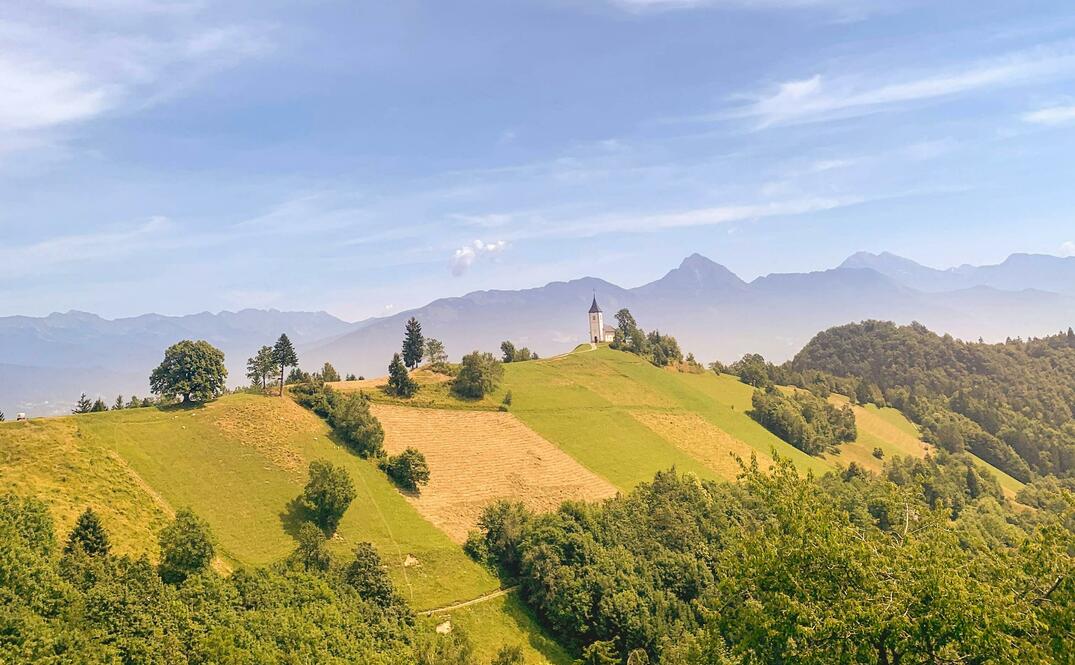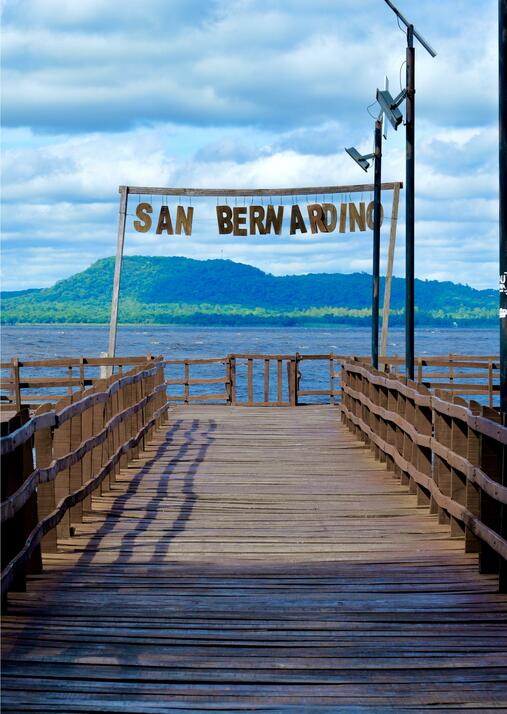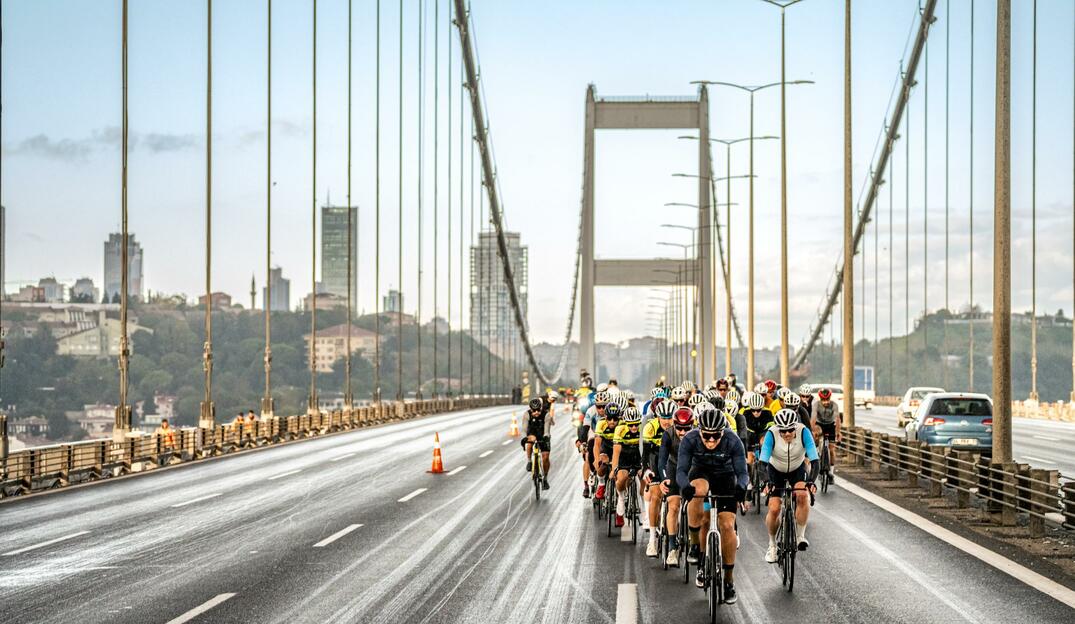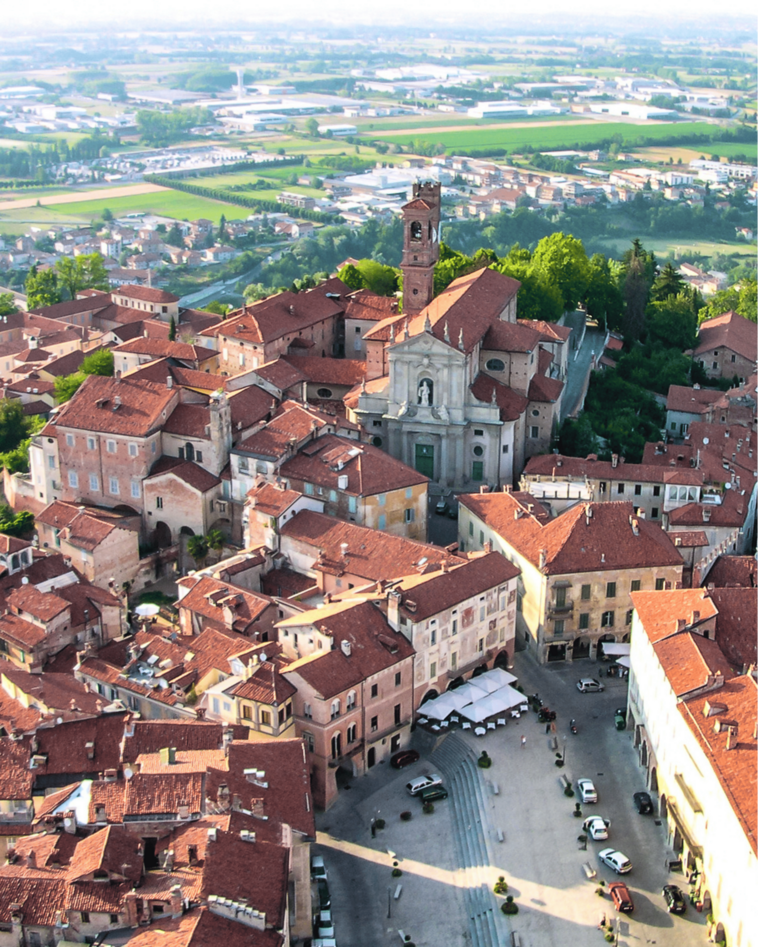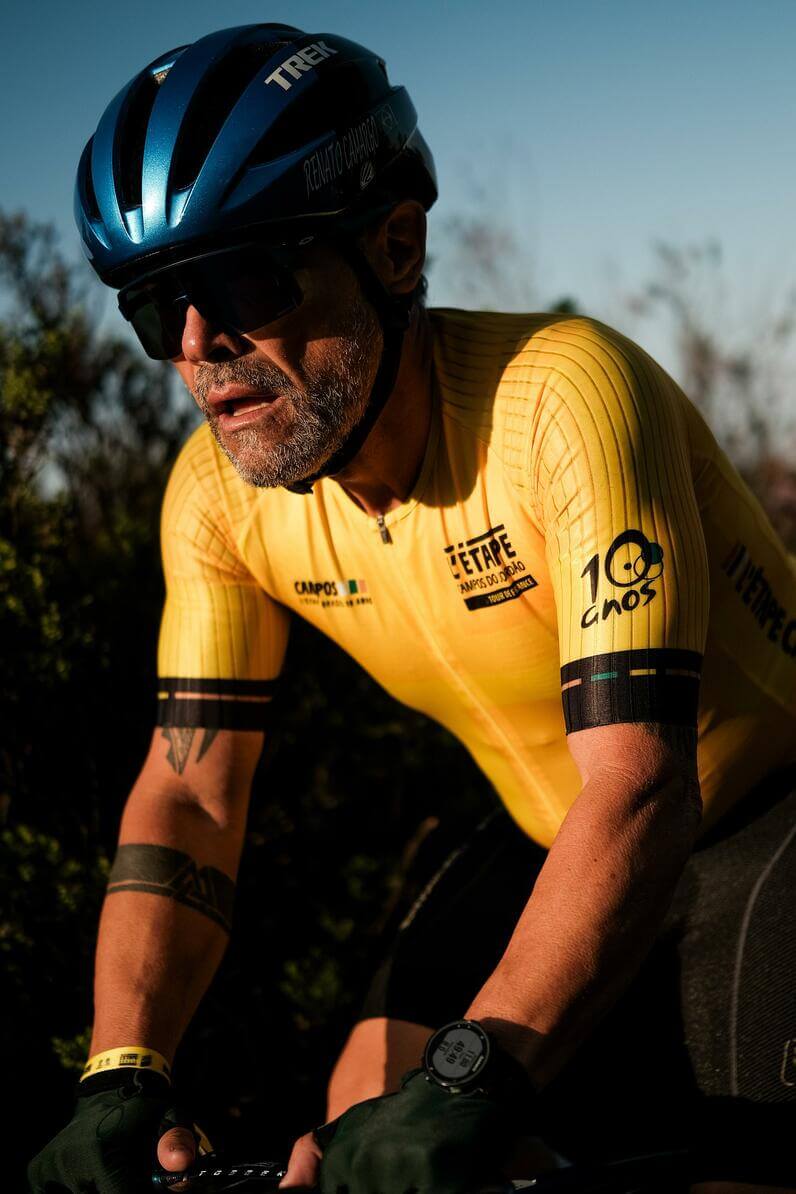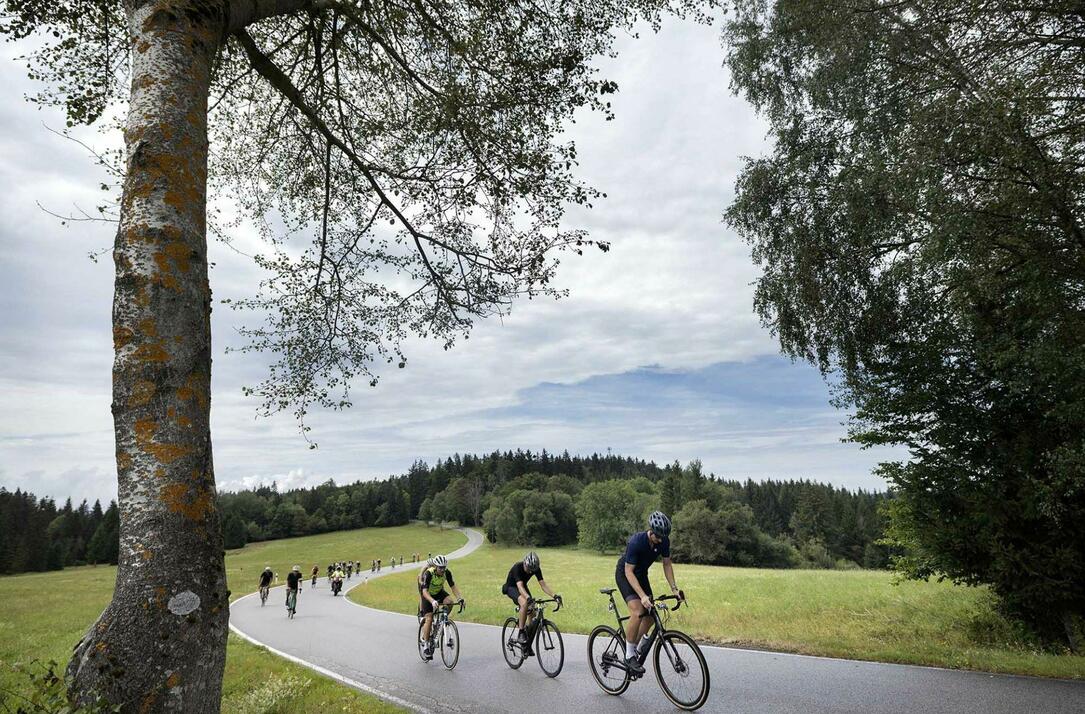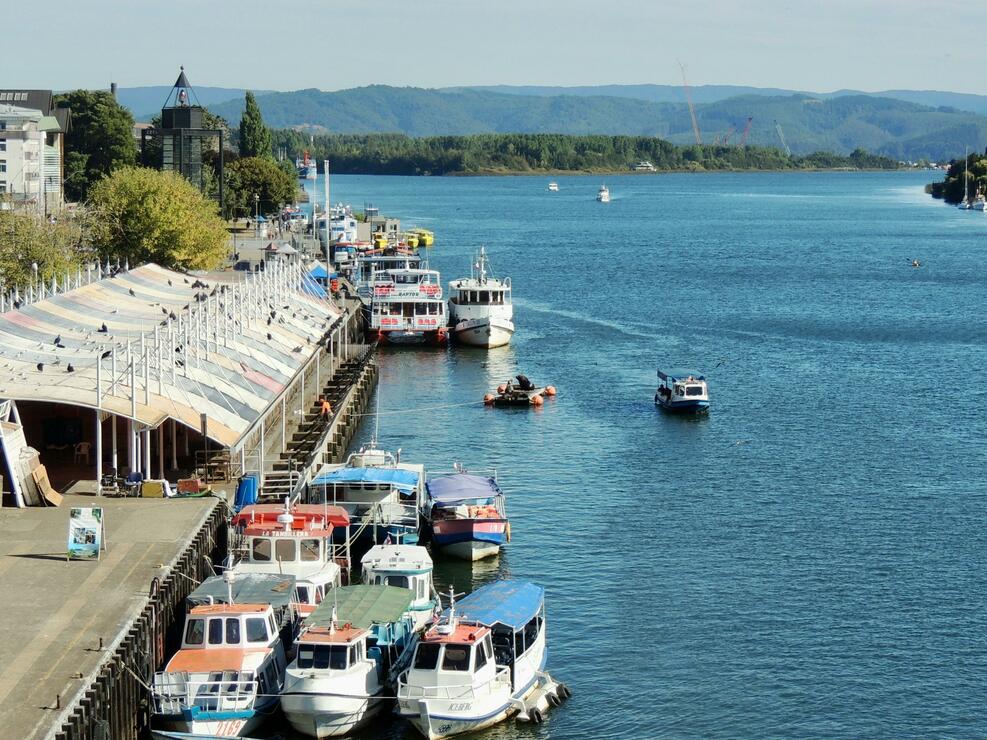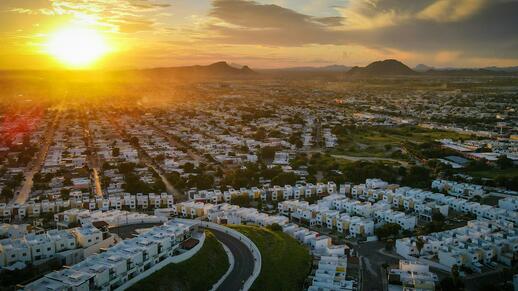Championship Stories #6 : Nicolien LUIJSTERBURG & Pieter FROLICHS
Nicolien LUIJSTERBURG & Pieter FROLICHS, from Netherlands to Spain !
Discover the story of these two Dutch cyclists that moved from their homeland to Girona, Spain, for there cycling passion!
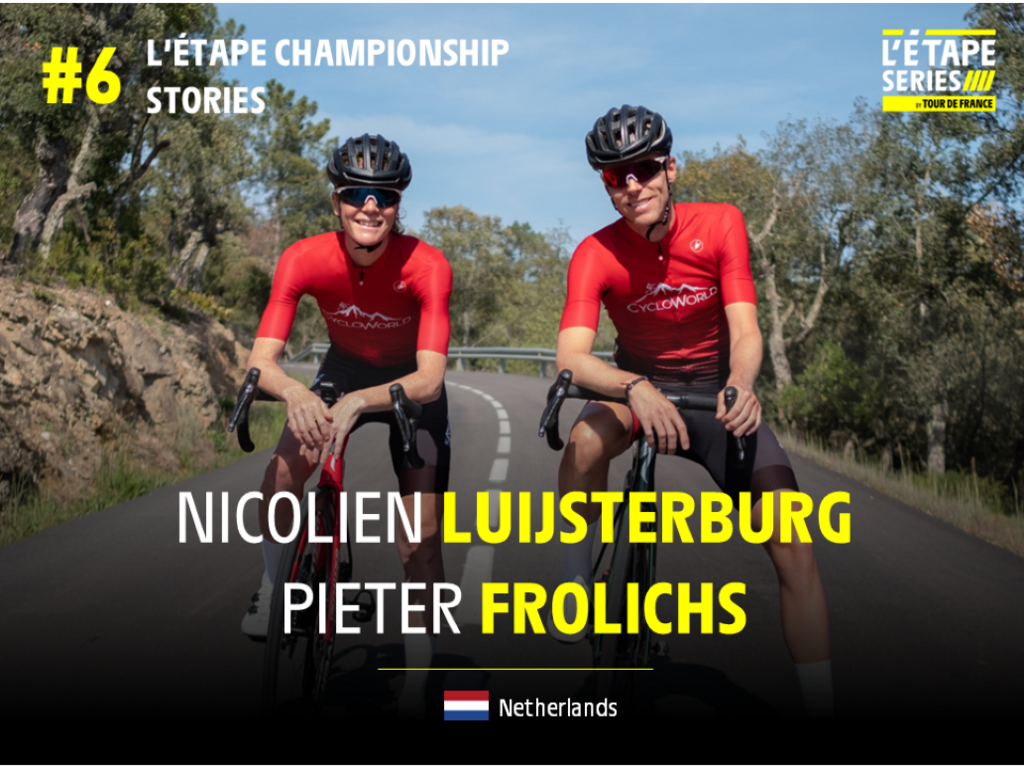
Hallo Nicolien & Pieter! To start this interview, can you firstly introduce yourselves?
N.L.: My name is Nicolien, I’m 43 years old and Pieter is 37 years old. We are both from Netherlands, and we live in Girona, Spain, for three years now. A few years ago we decided to move to Girona, Spain. Our initial idea was to stay a year, but we are still here three years later! As we both work remotely, it was very convenient for us. And of course, here we can do a lot of cycling!
What are your sport backgrounds? And when did you discover cycling?
P.F.: I got introduced to cycling after having injuries playing soccer. So, I’m the typical type of person that switched to cycling after having injuries in another sport! I started at a very low level, during my studies. And at that time, other things were more important than doing sport for me, like drinking beers! But over time, I became a bit more addicted. After I met with Nicolien, in 2015, this addiction became even bigger. Indeed, when you share a passion and have activities that you both like, it’s easier to increase the number of hours on the bike. But still, at that time, it was only Nicolien who brought trophies at home; I didn’t manage to finish on the podium of any race. So, basically, my job was to take pictures of her with the trophies! For a long time, I was just training on my own. And during Covid time, I decided to hire a coach. I thought that maybe if I should try to do some more structured trainings, I’ll get better on the bike. And that worked pretty well! Even if at that time, lots of races were cancelled, I had so much fun because I saw that I was improving. Started from 2023, I had great results and last year, I had my first two victories. Which was very motivating, of course!
N.L.: And Pieter is a little bit modest because now, I’m the one who’s taking picture of him after his victories now!
From my side, I actually started cycling pretty late, I think it was after my studies, around my 30s. At the beginning I was not so fanatic, I was just riding for fun. But then, every year I started to ride a bit more, started to attend races, etc. Until I became World Champion at the 2022 UCI Gran Fondo World Championships (40-44 amateur category).
Pieter mentioned that he started with football before moving to cycling. What about you, Nicolien? Did you practice any sport before that?
N.L.: Sport does not really run into my family. I did a bit when I was young, but very casually. I played hockey, I did also some swimming. But, in a very relaxed way!
And you, Pieter, do you think that playing football helped you in a way with cycling? By bringing you some abilities or skills? Or do you think these are two totally different sports?
P.F.: Honestly, I think that football is completely different from cycling. Cycling is all about yourself, while football is really a team sport. There is a quote I find interesting saying that if you want to be a cyclist, it a way of living. Even on the amateur level. But when you look at amateur football players, they can have beers and junk food after a game. In cycling, you’re so depending on your body that you can’t do this. There is also a big difference in terms of hours of trainings: it is much higher in cycling. The consequences of a mistake are also not the same: in football, the worst that can happen is that the other team score a goal. On the bike, if you made a mistake, you crash and it can be very bad. So, there is almost no room for mistake.
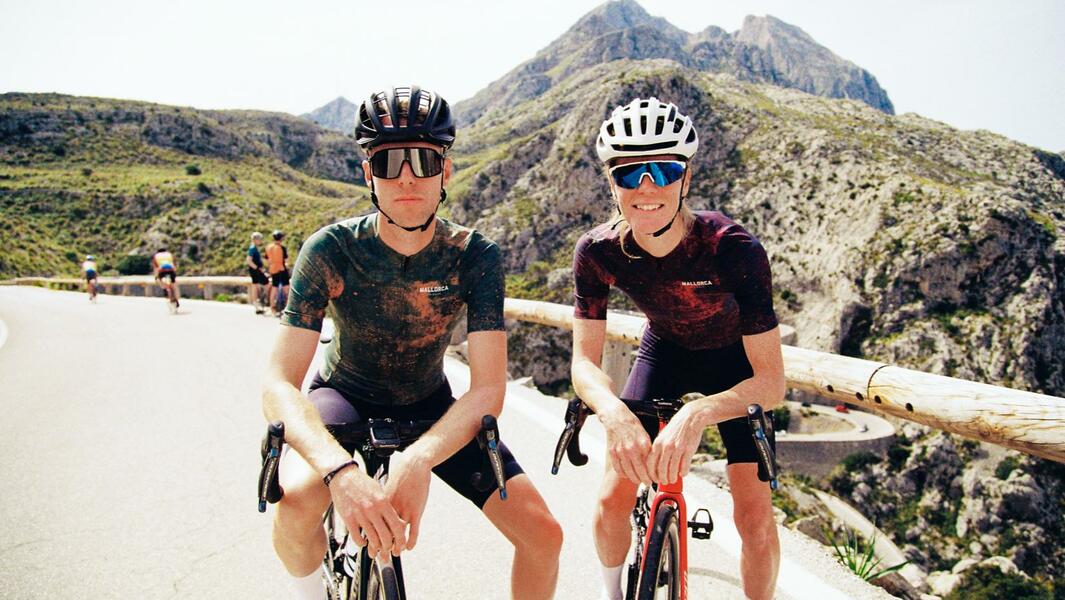
How would you consider your cycling profiles? Are you much more sprinters or pure climbers? Which race profiles do you prefer?
N.L.: Well, I’m definitely not a sprinter, that’s for sure! I like hilly roads, I like to climb. I also like the long climbs, but I think what I like the most are the medium climbs, like 30 minutes long. However, I think that the profile of L’Etape du Tour will suits me pretty well. Although I prefer climbs that are a little bit less long! So, I would consider myself as climber, even if my profile is now changing a bit because I’m now also racing many short and very explosive races, where you need more power.
P.F.: I think that the route of L’Étape Portugal was exactly the type of profile I like. On one hand, you have some climbs’ challenges that are not so long. And on the other hand, the distance is making the race very open. I remember that the race was very dynamic in the front group, with lots of attacks, especially in the last climb. We were almost dead, and the question was: who’s the less dead among us? For me, it’s like a game where you try, you attack and you see if you can beat the other riders. And I like this game a lot!
You both like to climb… so, what is the most difficult climb you ever done? Whether in Spain or in another place of the world.
P.F.: For me, a climb like the Passo Giau (9,8km @9,5%) or the Passo Fedaia (12,8km @7,8%) are really hard because of the hard gradients. Maybe, in a few months I’ll answer the Passo Mortirolo (12,2km @10,8%), but I can’t yet say that! But yeah, these two are like the worst for me now, because there are so steep! And I don’t like the very steep climbs!
N.L.: Yeah, I also don’t like the very steep climbs, that’s not my cup of tea. I prefer the rolling climbs with like a 5-6% average gradient, that’s perfect for me. I think that the only one that comes to my mind is the Timmelsjoch (29km @6,2%), because it was the last climb of a race and I was totally dead. I don’t even remember how long it is, but I think it was like almost two hours going up. I don’t have so much memory of it, but I think that if you doing it fresher it’s a lovely climb!
Let’s talk about Strava! How do you consider this app? Is it for you a way to chase segments and challenge yourselves, or just a platform for sharing your passion with your community?
N.L.: Well, especially now that we’ve been training very seriously for three years, I’m definitely not chasing every QOMs anymore. I used to find it very funny! But now I really understand the interest of my training sessions. In the end, it’s about winning a race and not winning a QOM, so now I don’t mind if I’m slower on a virtual segment. However, I really like getting inspired by the routes and by seeing what’s people do.
I’m currently injured, so I have a little Strava break. But I normally upload every activity, even the boring ones.
P.F.: I think I’m kind of the same. What I also do is to use Strava to discover new segments, to discover maybe unknown areas, where there are some new climbs and where we could find a nice view! I use to travel a lot for preparing races, and Strava is very useful when you don’t know the place. If you know people with a similar level of yours in this region, it can give you an indication about how long it takes to do a climb, for example.
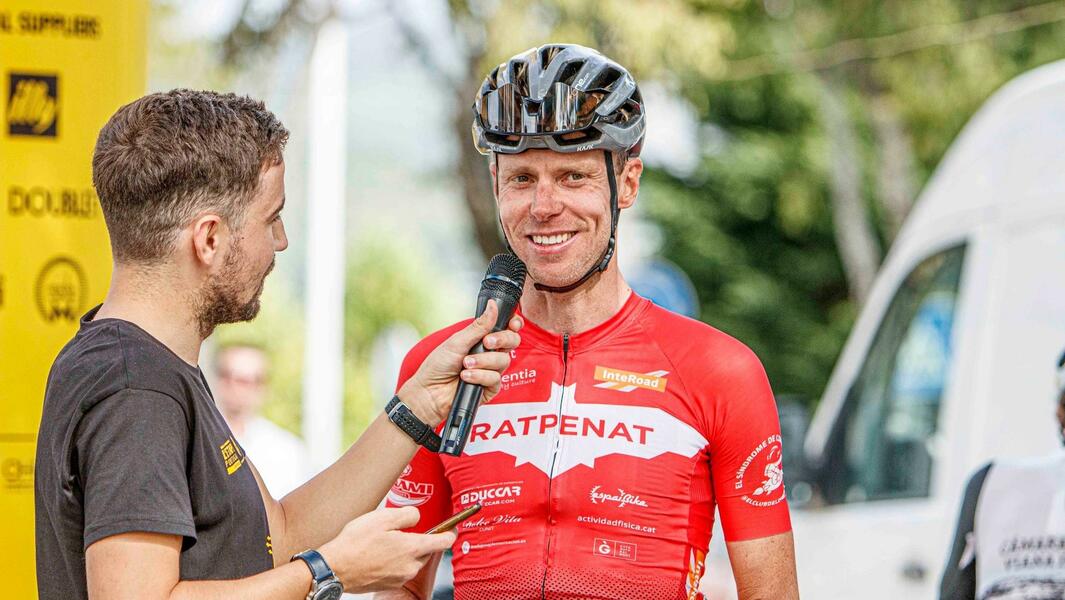
We know that cycling can be a bit difficult at first for beginners; what advice or tip would you give to someone who is starting this sport?
P.F.: I would say that first, you need to enjoy before to focus on the result. I think it’s really important to learn to enjoy even if sometimes you can suffer a bit, of course! Then, I think that despite it’s a very common topic nowadays, nutrition is key. But I think that a lot of people forget to eat and drink. So, don’t forget to eat and drink during your trainings! Make sure that you’ll have sufficient energy until the end, to push harder of course, but also to just enjoy the environment, enjoy the views, enjoy the events, …
Finally, I know that many people are using power meters. But you need to firstly understand cycling with your mind and not with data. Start to learn how to feel the bike, feel yourself, feel your body. If you have to do a climb, don’t push full gas from the very start, but try to find your own pace instead. Try to feel what’s the good pace for you.
Nicolien, as a woman, maybe you have some even more specific tips to give to women that would like to start cycling? We know that it’s still a very masculine sport, so what can help to break the barriers and increase the number of women cyclists?
N.L.: I think it’s important to listen to yourself, and to find your own pace. By pace, I’m not only talking about speed but also about steps in your cycling journey. It is OK to take your time, and sometimes some small steps are better than pushing you to do more if you don’t feel ready to. Don’t feel pushed, just take your own time andfind an environment or group that you feel comfortable and where it is FUN.
However... having said that. If you want to be better and improve you do sometimes need to step out of your comfort zone! So, when you feel up to it, also don´t be afraid to challenge yourself. You can do more than you think and you only improve by learning and falling (not fall from the bike of course). Don´t be afraid to join a fast group for example. What is the worst thing that can happen? You might be dropped and have to ride home solo. So what? You probably learned a lot and next time you will be able to hang on longer or you discovered that you need more time or training.
You are two Tour de France fans: who are your favorite riders? And why?
P.F.: I always liked Primož Roglič, I think he’s a funny guy and he’s really relaxed. But in general, I think what I like about pro cycling nowadays is that it's more open, it's better to watch compared to few years ago. And I think it’s good for everyone that love cycling.
N.L.: Yeah, I agree with Pieter. Personally, I also follow women cycling with a little more interest. And in the women peloton, it’s also much more interesting than a few years ago. It's really cool to see it developing so quickly! There are many riders that I like, but for example I’m a big fan of Puck Pieterse, who’s a very famous Dutch cyclist. I also like Mischa Bredewold, because I find her so smart on the bike. I follow her with great interest!
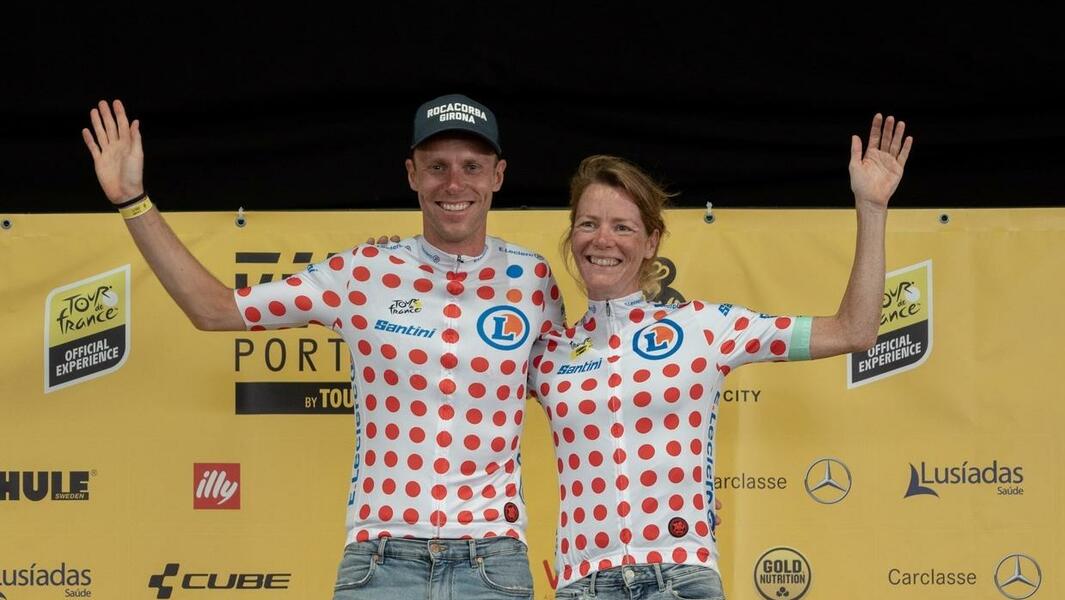
Now, let’s talk a bit more about training. Can you tell us what type of bike do you ride? And is there any special reason that made you chose it?
P.F.: Since the beginning of the year, I’m riding a Specialized S-WORKS SL8. Maybe the best reason that made me chose this bike is because I was very happy with the previous model, the SL7, but I wanted to upgrade for the new model with 12-speed groupset. Also because I used to ride a 50/36 crankset, and now I have a 53/39. But for the rest, the geometry is more or less the same than the SL7.
N.L.: I also ride a Specialized S-WORKS, but I’m still on the SL7 model, so I’m a bit jealous! It is a great bike and just fits me very well.
And how many kilometers do you ride per year on average?
P.F.: I think around 22.000km, 23.000 maybe
N.L.: Yeah, for me that’s the same.
L’Étape du Tour is going to be a tough race, as every year. Did you have a specific training for it? And/or a specific nutrition plan?
P.F.: Yes, of course. I did some mountain races in June, so I’ll be prepared for L’Étape du Tour! I think I’ll keep my current gears ratio, I think it works pretty good for me and I should have sufficient possibilities during this race. But as we are quite experienced, I think that all these preparation details are already fixed for us. On the nutrition side, that’s the same. We know our nutrition, we know what quantity of carbs we can have per hour. We already tested it during trainings, so we shouldn’t have any bad surprise during the race. Maybe the biggest challenge for us will be to find someone in charge of our assistance, someone who’s going to give us our bottles during the race. So, the question is less about what we need to take, but more about how we will take it!
N.L.: Yeah, it’s kind of the same for me. I told to my coach that L’Étape du Tour is my objective so that I can train specifically for it. Therefore, I’ll focus on long climbs and long rides to train my resistance. This in order to have enough energy on race day to climb the last ascent of the race like the first one! About nutrition, that’s on the top of the list. Especially for such a long race and for the potential heat. So, yes, we’ll have a nutrition plan for sure!
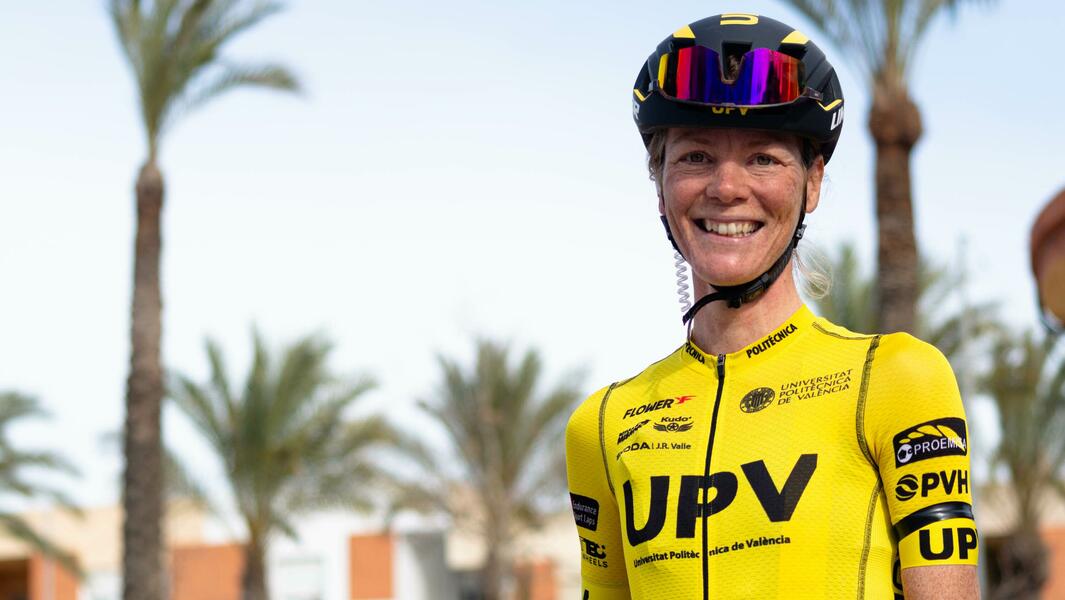
So, it will be your second event of the Series after L’Étape Portugal. When and how did you discover the Series?
P.F.: I’m doing some volunteer work for cycloworld.cc: I’m updating the Spanish and Portuguese road race calendar for them. When I was updating the calendar, I noticed that there was this race, L’Étape Portugal, so we said let’s go! We heard about L’Étape Series before because one friend of ours already participated in one event. In addition, it seemed to be good destination for holidays, we had never been to Portugal so, there was only good reasons to go there!
And what did you like about the event? And about the concept of L’Étape Series events in general?
N.L.: We both really liked the event. First, because of the super good organization. I remember that there was also a very big expo where everything was pretty well arranged And of course, the route was beautiful. Secondly, the safety was very well ensured during the event, which is always important. So, we had only good memories of this event.
P.F.: Yeah, and I also think that the pasta party after the race was amazing! And the possibility to take a shower in the race village was also very convenient.
Final question : what is your ambition on L’Étape du Tour ? Do you have any special objective?
N.L.: Well, I always have the ambition to win! So, why not here? But my other objective will be to climb the last ascent as good as the first one. If I can finish on the podium, I’ll be happy. But if in the end, other girls are better than me, this is totally fine! So, to be honest, my main objective will be to climb every mountain with the best of my ability.
P.F.: For me, I think the objective will be to race smartly. Then, I think the result will follow. I know what I can do and what I’m capable of. But winning will be extremely hard; I know some of the guys who will race L’Étape du Tour, and how strong they are. You never know what can happen during a race, but I think that at the end, the more important is to be happy with your own result. Finish the race and cross the line with a smile on your face!
